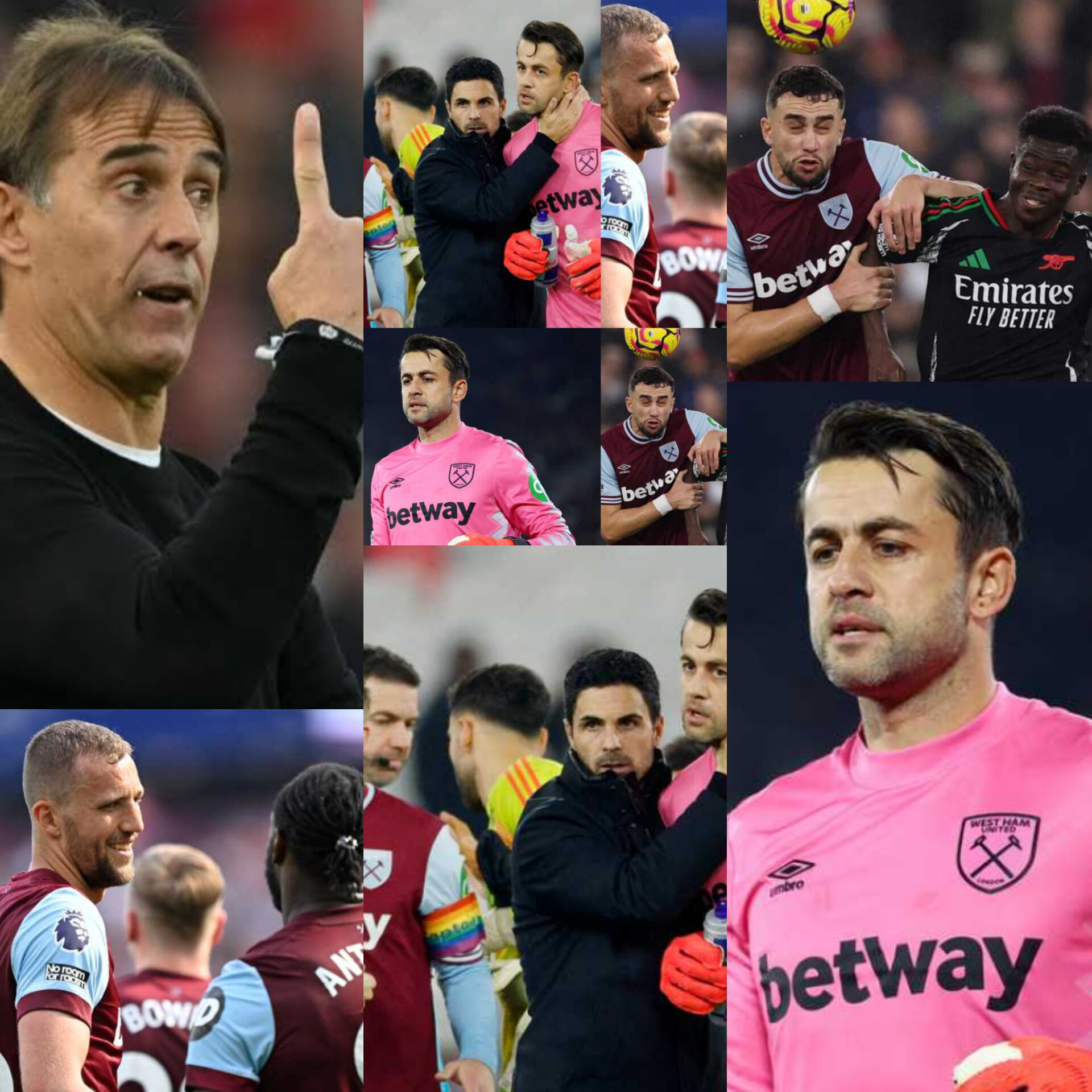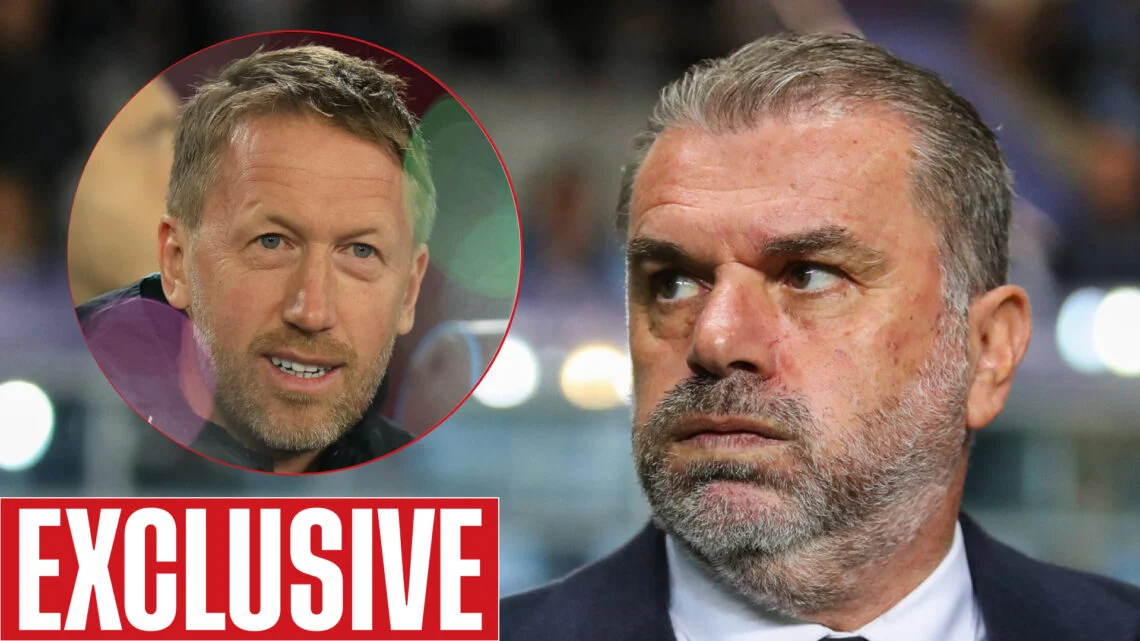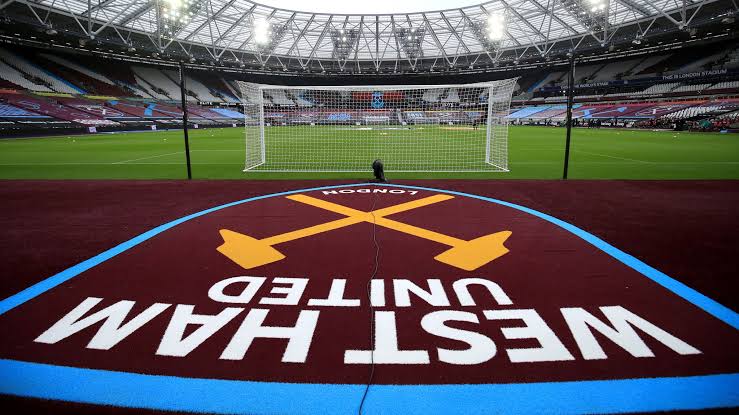Former England international strikers Michael Owen and Jermaine Defoe have publicly criticized West Ham United manager Julen Lopetegui for his tactical approach with Aaron Wan-Bissaka. The two respected football figures have urged Lopetegui to reassess his strategy and utilize Wan-Bissaka according to his natural strengths, rather than attempting to mold him into a player he is not.
Owen and Defoe expressed their bewilderment at Lopetegui’s apparent instructions to Wan-Bissaka during a recent match. The right-back was seemingly tasked with pushing high up the pitch and drifting into central areas to support the attack – a role that is significantly different from his usual defensive-oriented playing style. This tactical decision left both former strikers perplexed, as it appeared to go against Wan-Bissaka’s well-established strengths as a defender.
The match in question saw West Ham United facing Chelsea, resulting in a disappointing 3-0 home defeat for the Hammers. Throughout the game, Wan-Bissaka struggled to make a meaningful impact in the attacking third, which was hardly surprising given his reputation as a defensively-minded full-back. More concerning was the fact that his forays forward left West Ham vulnerable to Chelsea’s counter-attacks, exposing a significant weakness in Lopetegui’s tactical setup.
Michael Owen, speaking on Premier League Productions, didn’t mince his words when discussing the situation. He questioned the logic behind West Ham’s decision to acquire Wan-Bissaka if the intention was to play him in such an unconventional role. Owen emphasized that if West Ham’s recruitment team and management were looking for a full-back to play in this particular system, Wan-Bissaka would be one of the least suitable candidates for the job.
Owen went on to praise Wan-Bissaka’s defensive capabilities, describing him as “probably the best right-back defensively in the country, in the Premier League.” This high praise underscores the incongruity of Lopetegui’s tactical approach. Owen argued that Wan-Bissaka’s greatest strengths lie in his ability to defend resolutely, close down spaces, and prevent opponents from getting past him. These attributes, while invaluable in a more traditional defensive role, are not particularly well-suited to the attacking, central role that Lopetegui seems to be asking him to play.
The former Liverpool and Manchester United striker further elaborated on the mismatch between Wan-Bissaka’s skill set and the role he’s being asked to perform. He pointed out that expecting Wan-Bissaka to push high and wide, then come inside to play in central areas, is at odds with the player’s natural game. Owen stressed that Wan-Bissaka’s primary strengths are in “plugging the gaps” defensively and maintaining a solid backline, rather than contributing significantly to attacking play.
Owen’s critique extended beyond just the tactical misuse of Wan-Bissaka. He questioned the overall transfer strategy of West Ham United, suggesting that if the club intended to play with full-backs in this particular system, the acquisition of Wan-Bissaka was a perplexing choice. This observation hints at a potential disconnect between the club’s recruitment policy and the manager’s tactical vision, which could have broader implications for West Ham’s performance and squad harmony.
The former England international concluded his analysis by describing West Ham’s current utilization of Wan-Bissaka as “totally the wrong way” and “a very strange buy” if this is how they plan to use him consistently. This statement encapsulates the crux of Owen and Defoe’s criticism – that West Ham are not playing to Wan-Bissaka’s strengths and, in doing so, are potentially compromising both the player’s effectiveness and the team’s overall performance.
This situation raises several intriguing questions about tactical flexibility, player adaptation, and the importance of aligning transfer strategy with on-field tactics. It also highlights the challenges faced by managers when integrating new players into their systems, particularly when those players have well-established playing styles that may not immediately fit the desired tactical approach.
As the season progresses, it will be interesting to see how Lopetegui responds to this criticism. Will he adjust his tactics to better suit Wan-Bissaka’s strengths, or will he persist with his current approach in the hope that the player can adapt to the new role? The outcome of this tactical dilemma could have significant implications for West Ham’s performance and Wan-Bissaka’s future at the club.






